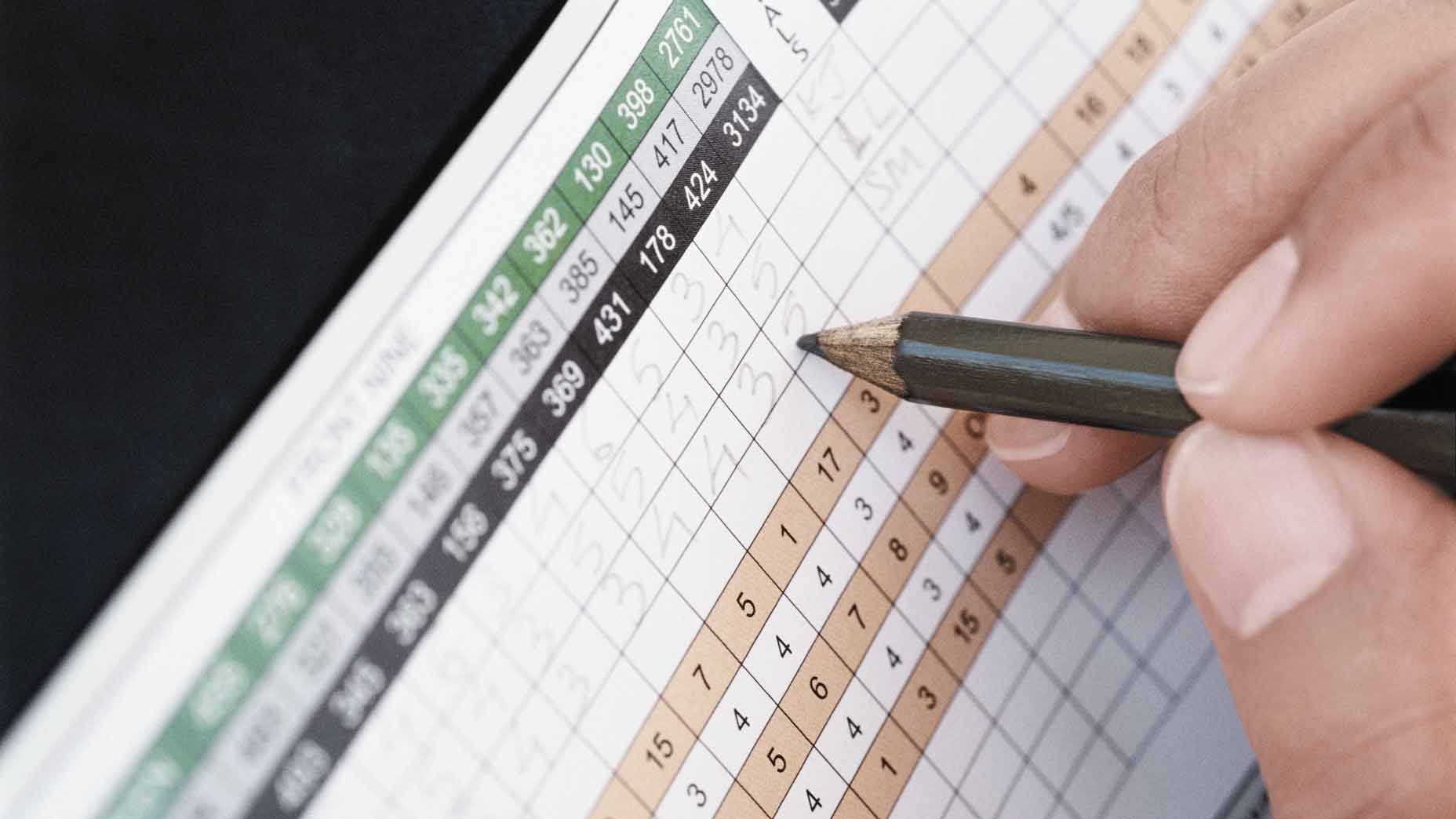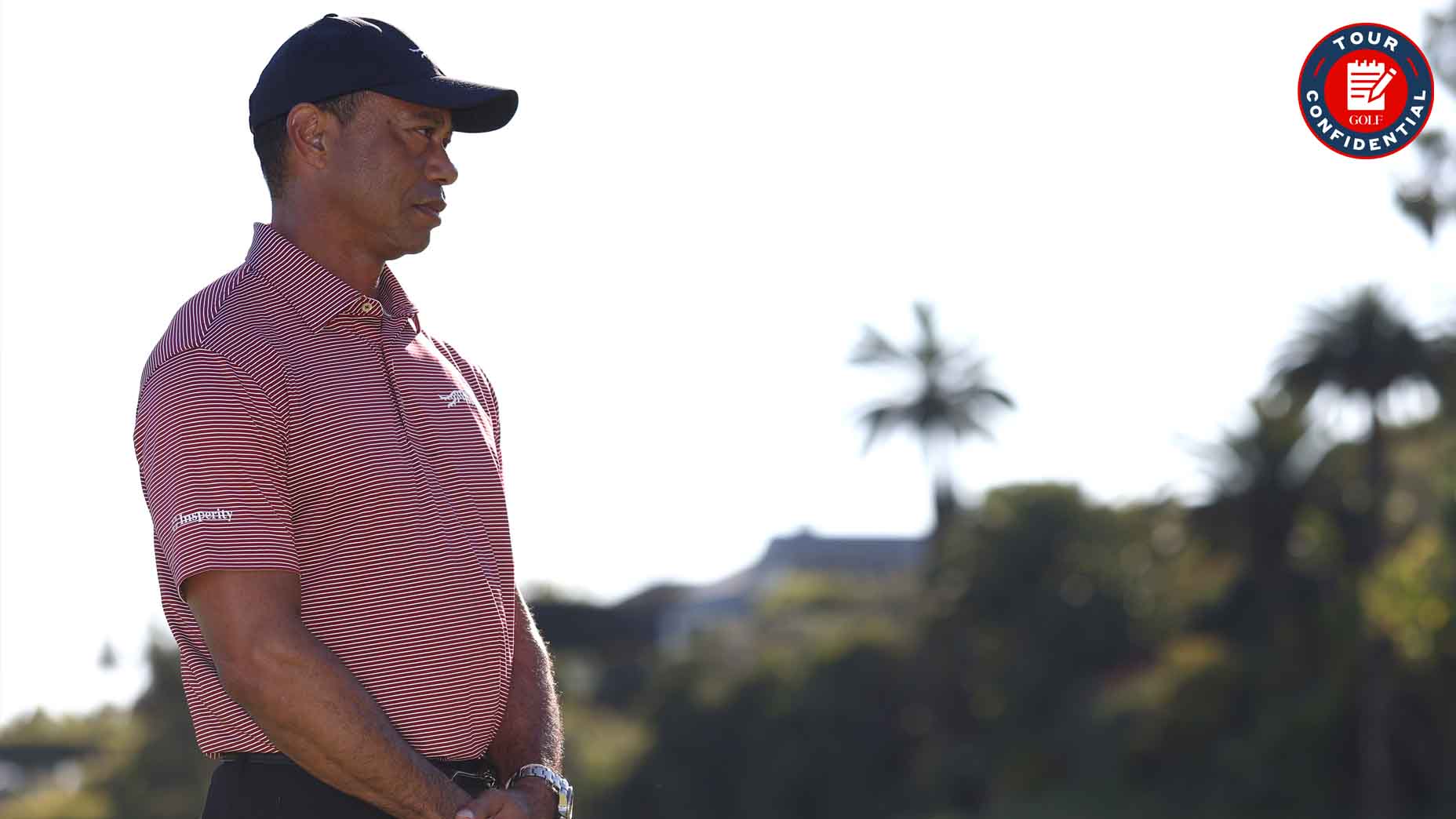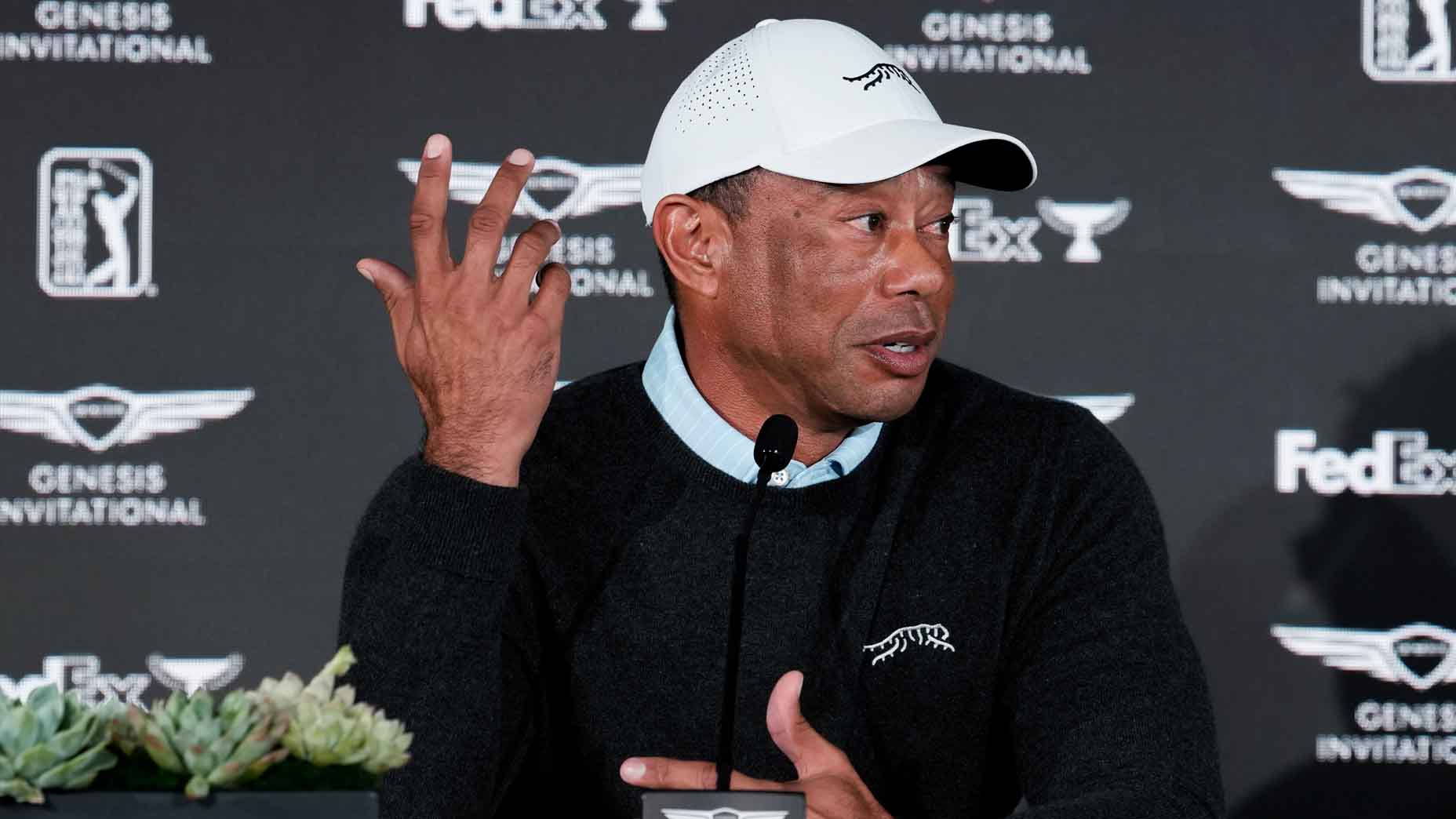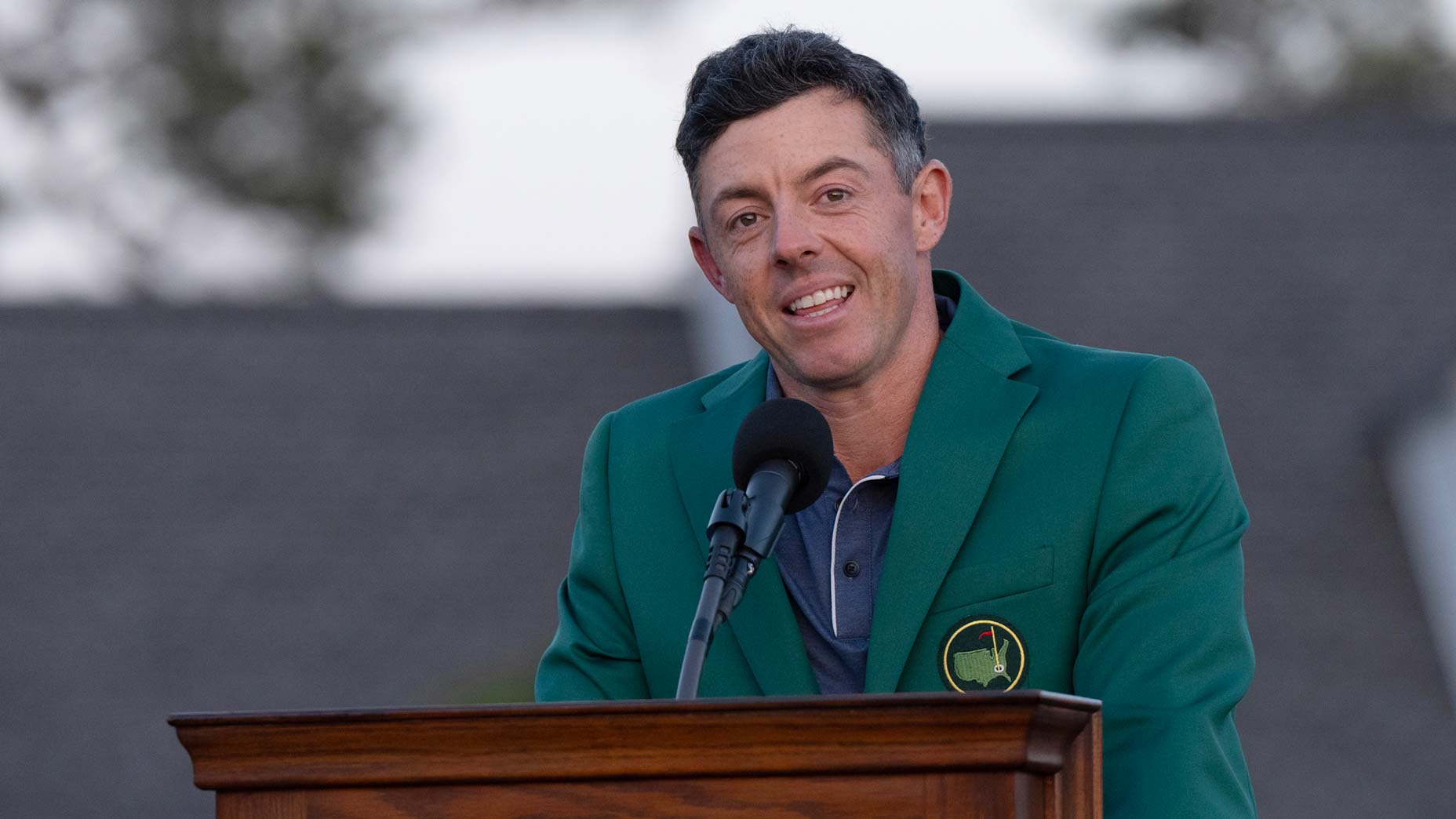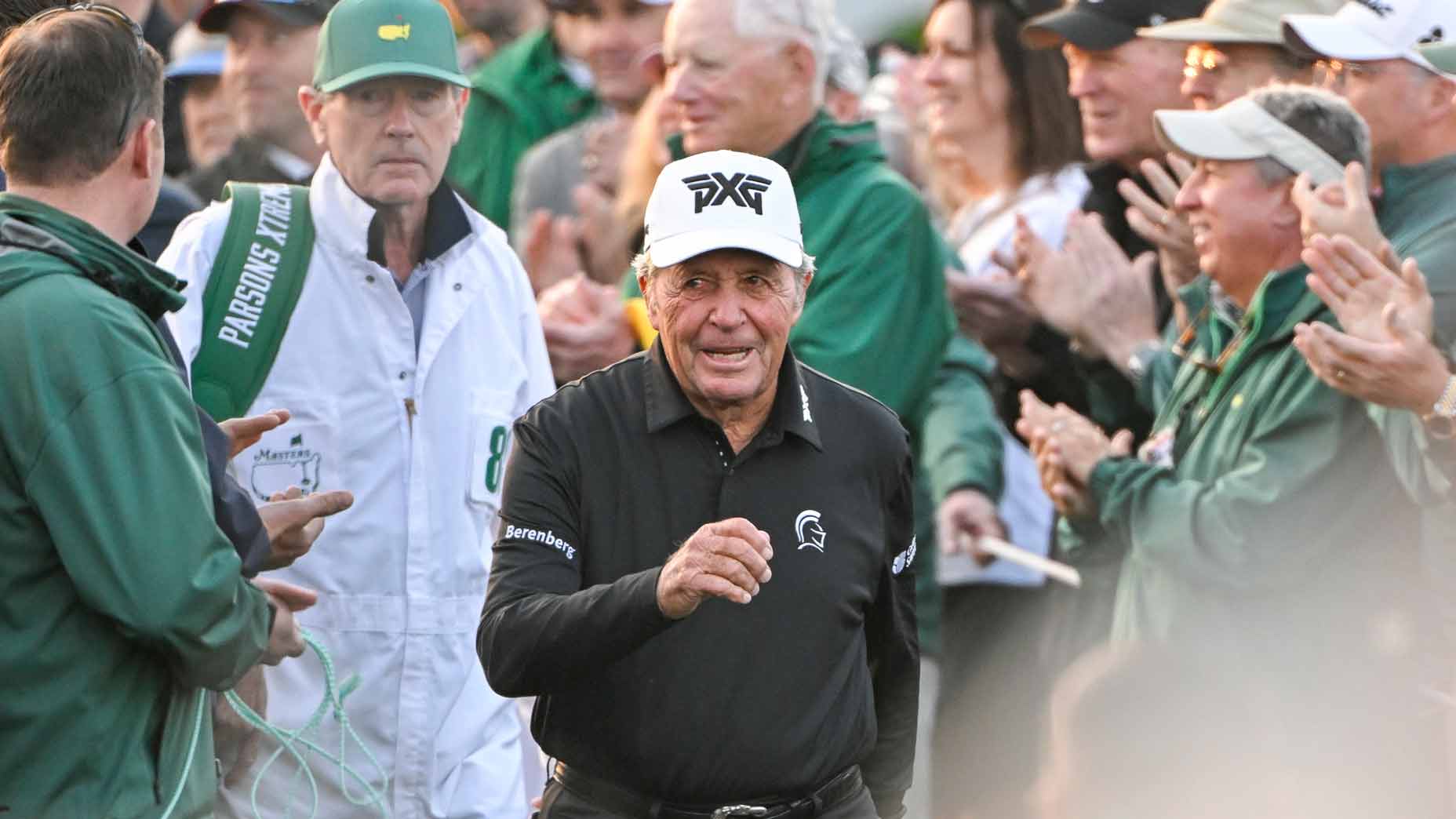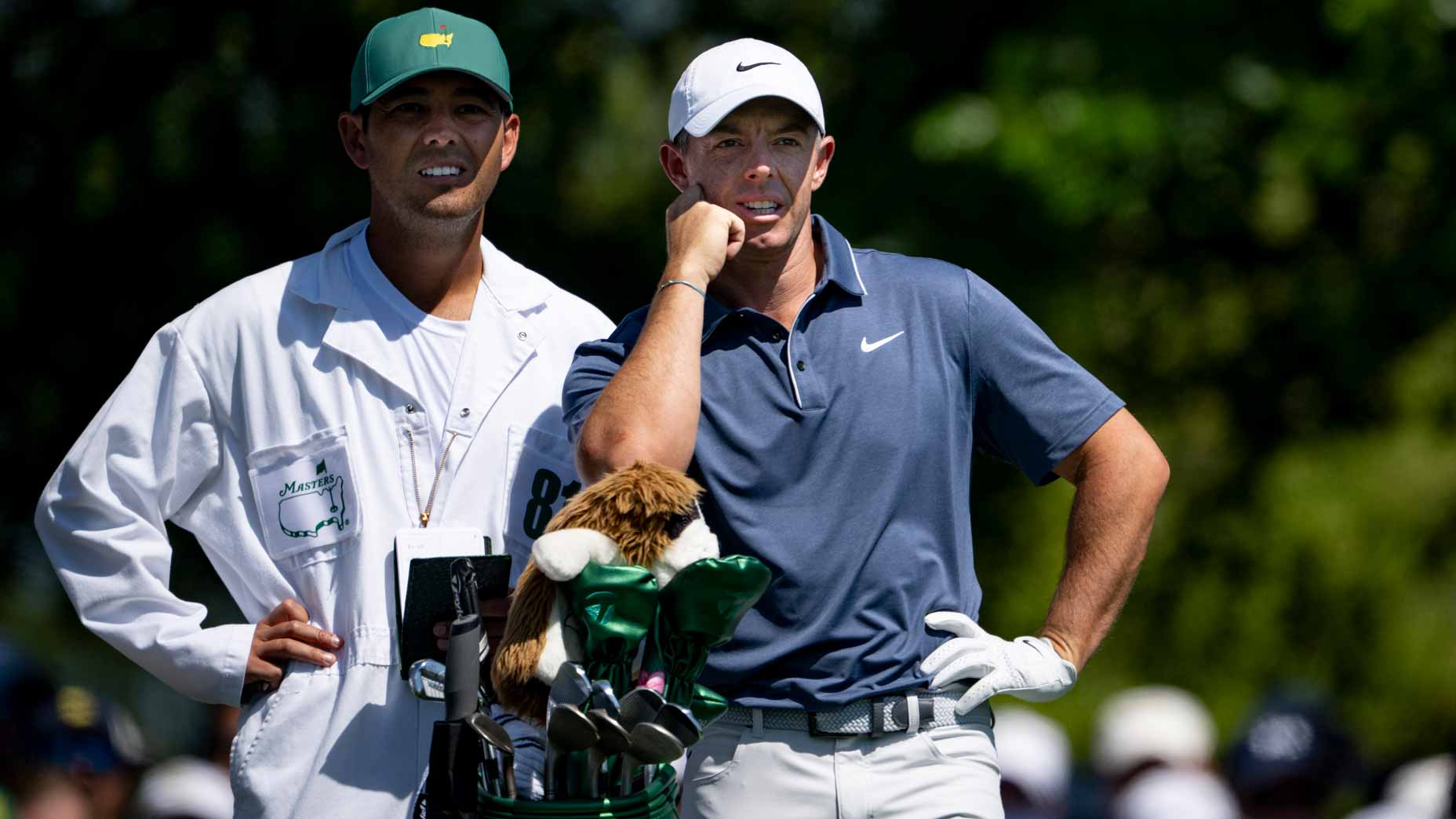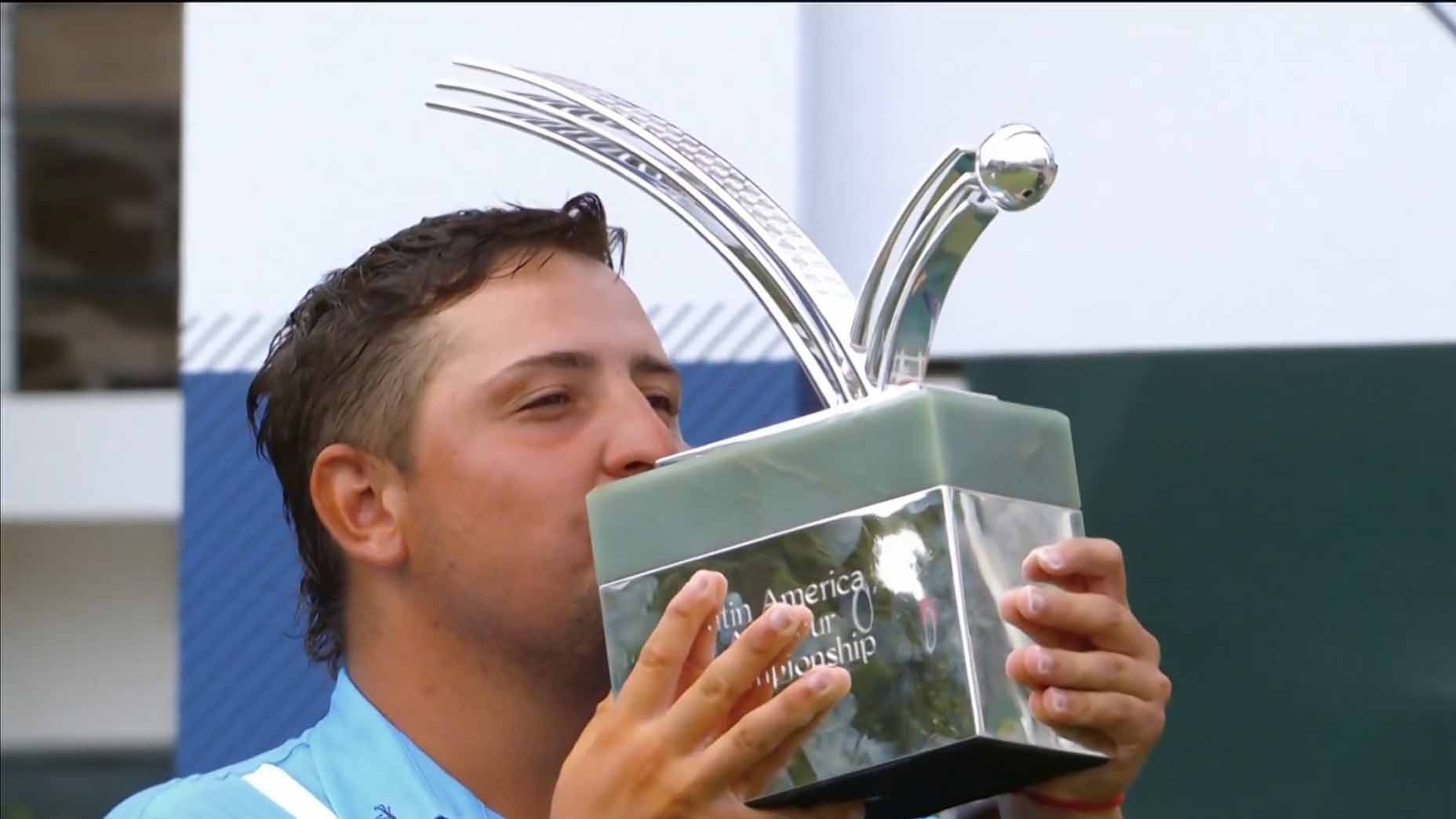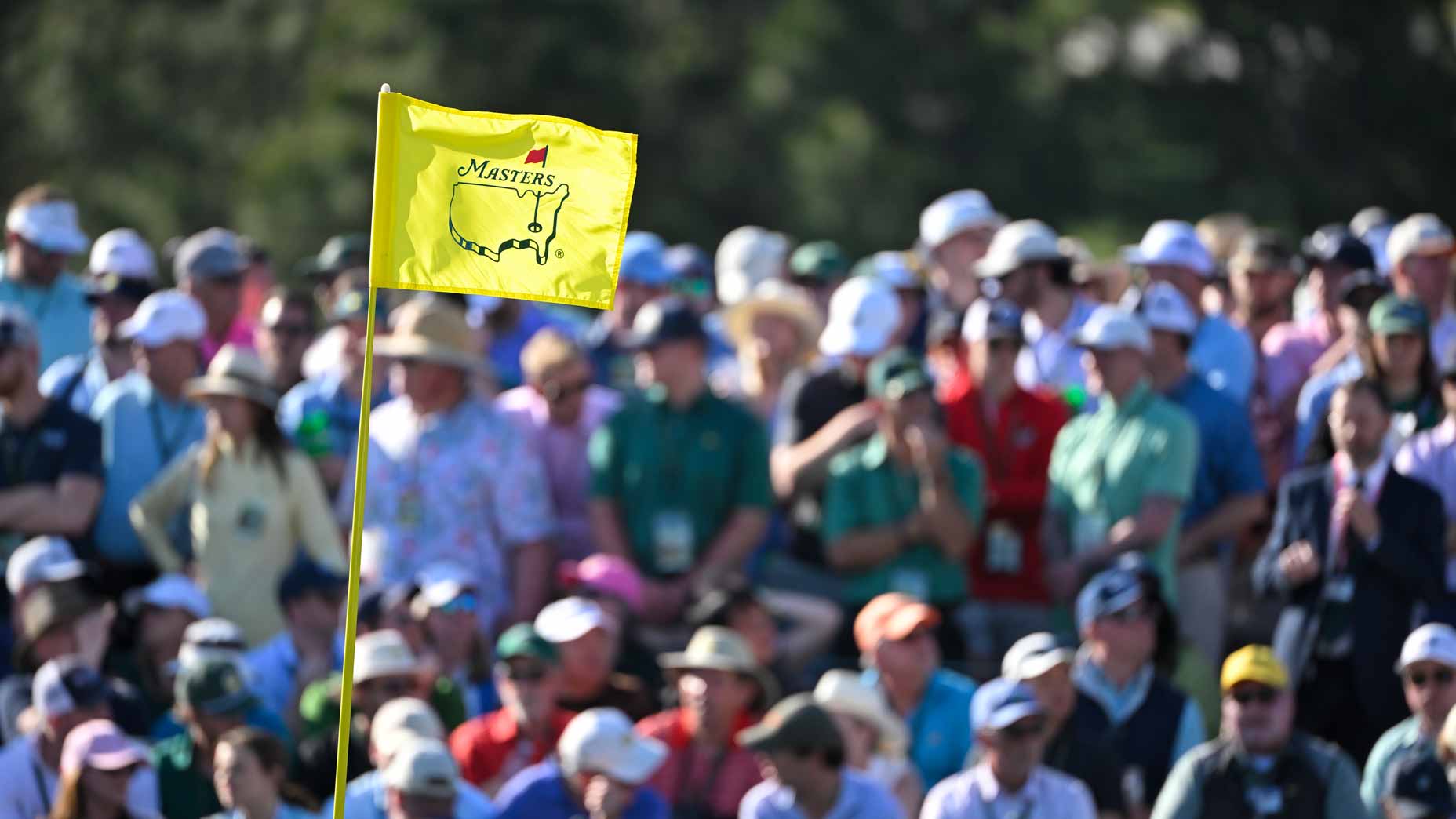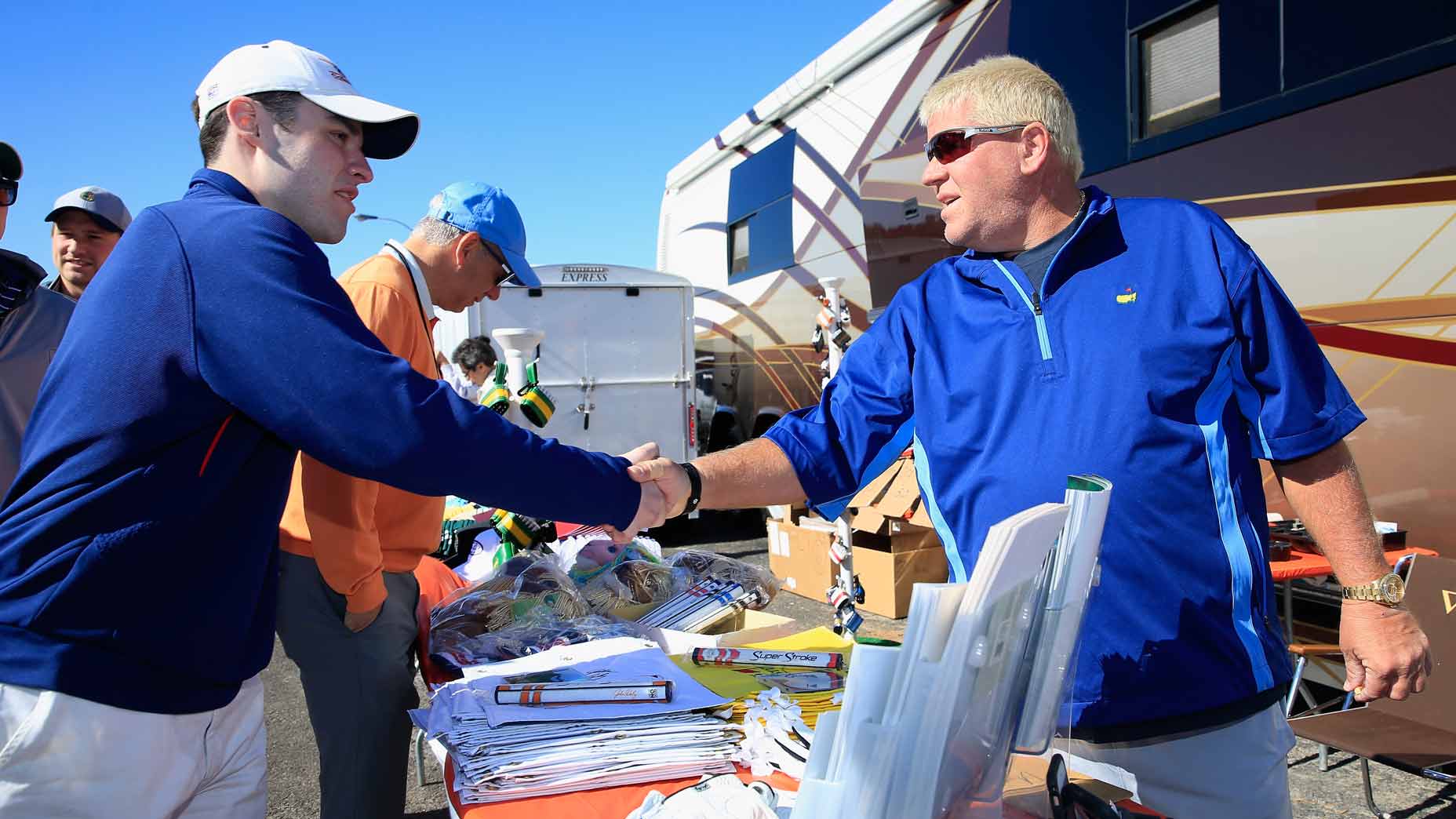Believe it or not, there’s a fine line between golfers of different skill levels. In most cases, a 90s-shooter can become a 80s-shooter without any major overhauls, and even on Tour, good players can transform into great players by doing a few small things a little better.
And when it comes to what separates the best from the rest, there’s one thing that is more important than anything else, Trevor Immelman told GOLF Top 100 Teacher Claude Harmon III on his most recent Off Course podcast.
“The reason they’re the best is scorecard management,” he says.
What is ‘scorecard management’?
Scorecard management, as Immelman calls is it, is exactly that: It’s your ability to manage your game when you’re not playing well to avoid making big numbers. Avoiding blow-up holes; turning doubles into bogeys, and bogeys into pars.
And the way you do this isn’t by never hitting bad shots, Immelman says.
“When I was so good, I had an incorrect perspective of players hit perfect shots all the time,” he said, adding that only began to change when he moved into television work. “You really start to see how some players hit some really awful shots. Some of the best players in the world will hit shots that you’re just going: ‘how bad was that?’ Everybody does it, that’s the point.”
Rather than never hitting bad shots — which doesn’t happen — it’s managing your misses on the bad days. Maybe that means planning for a miss, or playing more conservatively when you’re not playing well.
“They’ll find a way to stay in the game,” he says, “Because they know at some point they’re going to go on a run. They don’t dig themselves into a hole they can’t get out of.”
Learn scorecard management, and you’ll be a better golfer because of it.
Listen to the full episode and subscribe below:
